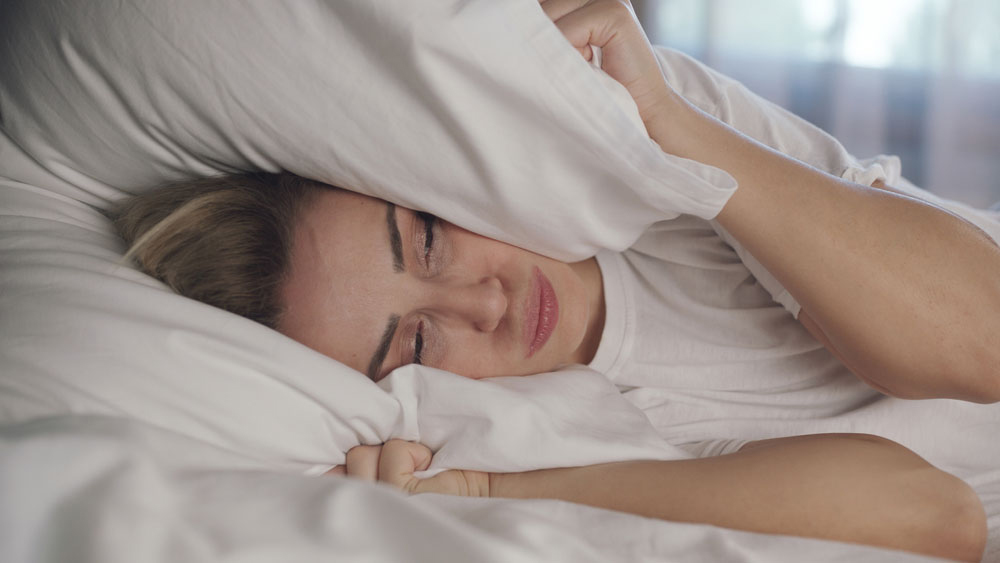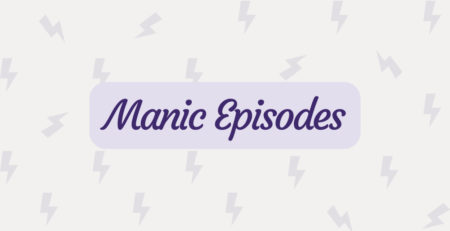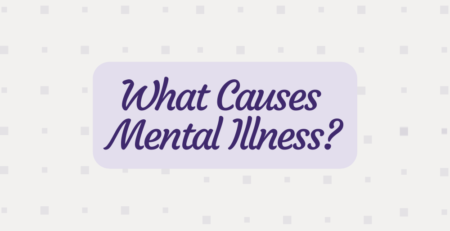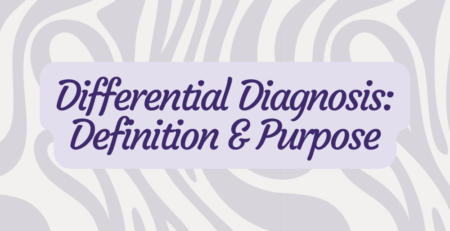Does Sleep Affect Depression?
Sleep is a cornerstone of your mental and physical well-being, particularly in relation to depression. Insomnia and hypersomnia can indicate mental health issues, and in many cases, addressing sleep concerns can significantly alleviate depression symptoms.
The Complex Relationship Between Sleep and Depression
Sleep disturbances and depressive disorders may have a bidirectional relationship – poor sleep can lead to depressive symptoms, and vice versa. This cycle can become a challenging loop to break.
- Many people with depression experience insomnia – the inability to fall asleep or stay asleep. This condition can exacerbate emotions like irritability and sadness because sleep is crucial for emotional and cognitive processing.
- Conversely, some people with depression sleep for excessively long periods. An inability to get out of bed can disrupt your body’s natural circadian rhythm, leading to feelings of lethargy and worsening your mental health.
Crafting a Healthy Sleep Routine
Understanding and addressing sleep issues should be an integral part of your depression management strategy. A consistent sleep routine will govern your internal clock, which can improve your outlook on life. Try these strategies to enhance your sleep quality and mitigate your depressive symptoms.
- Be consistent: Going to bed and waking up at the same time every day – even on weekends and holidays – regulates your circadian rhythm and can help you fall asleep and stay asleep for the night.
- Create a restful haven: Make your bedroom conducive to sleep – keep it cool, dark, and distraction-free. Invest in items like a good-quality mattress, a white noise machine, and blackout curtains to enhance your comfort.
- Wind down: Develop a relaxing bedtime routine to signal to your body that it’s time to wind down. Activities might include reading a book, taking a warm bath, drinking chamomile tea, or practicing gentle yoga stretches.
- Ban blue light: Devices like your phone, tablet, TV, and laptop emit a blue light that disrupts your circadian rhythm. Avoid tech at least an hour before bedtime to signal to your brain that it’s time to wind down.
- Limit caffeine, alcohol, and heavy meals: Avoid consuming caffeine or heavy meals close to bedtime. These can disrupt your sleep by causing physical discomfort and increased alertness. Similarly, you should steer clear of alcoholic beverages in the hours leading up to bedtime. While a nightcap might initially seem to help you fall asleep, it significantly disrupts the sleep cycle and can also worsen your depression symptoms.
- Exercise regularly: Regular physical activity can help you fall asleep faster and enjoy deeper sleep. However, do not do strenuous exercise too close to bedtime.
- Use mindfulness and relaxation techniques: Practices such as meditation, deep breathing, and progressive muscle relaxation can reduce stress and prepare your body and mind for a full night of sleep.
- Seek professional help: If sleep problems persist, consult with a health provider who can recommend behavioral therapies or sleep aids.
The Vital Link Between Rest and Mental Health
At Serene Behavioral Health, we understand the intricate relationship between sleep and depression, and we encourage anyone struggling with depressive symptoms to examine their sleep habits as part of their treatment strategy. Improving your sleep routine can boost your mood, give you more energy, and enhance your overall quality of life.
Achieving restorative sleep every night is not a distant dream – you can make it a reality with healthy habits and professional remedies. At Serene Behavioral Health, we encourage anyone dealing with depression to contact us anytime. We are here 24/7 to take your call, answer your questions, and verify your health insurance coverage.
















